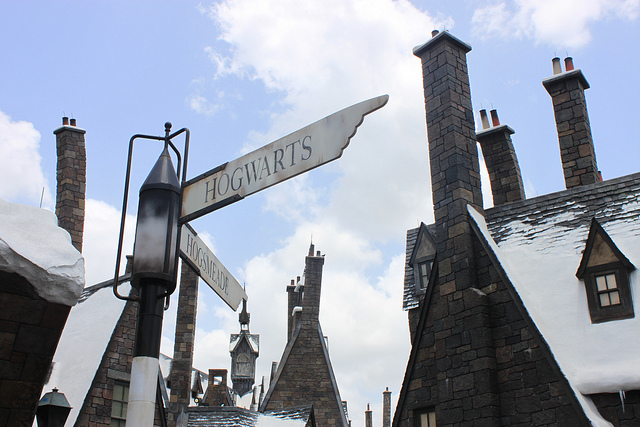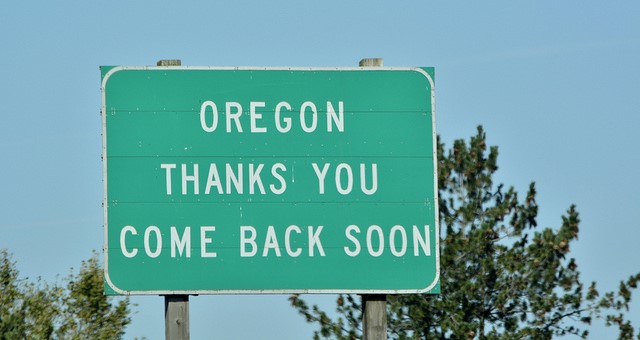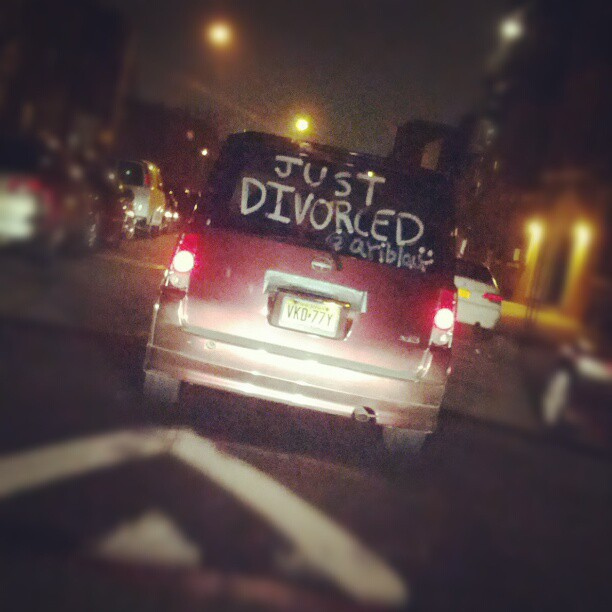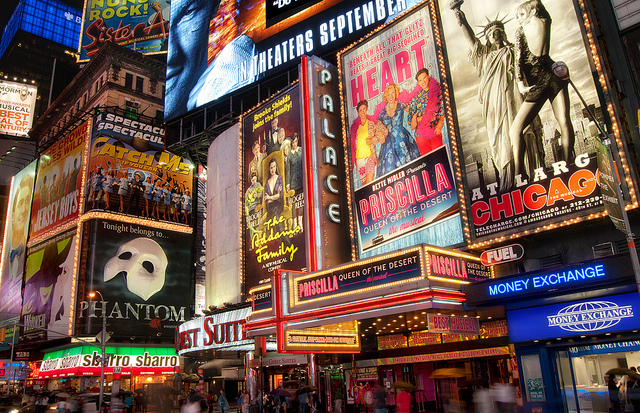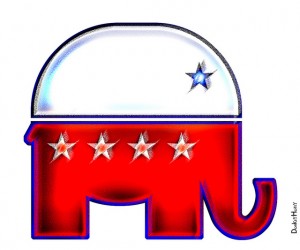
It’s no question that the nomination of Donald Trump has caused a highly publicized divide in the Republican Party, but that divide may have taken roots decades ago. A recent Washington Post article by Josh Pacewicz explains that intra-party contention began as a conflict between establishment Republicans and party activists. As far back as the 1970s, Republican Party leaders became increasingly partisan on major issues, with establishment Republicans showing more interest in business than in hot button issues. When the corporate mergers of the 1980s forced businessmen to focus more on economic development, the door was left open for party activists to start exerting their influence on the party.
In his 2006 interviews with Americans living in the Rust Belt, Pacewicz found that the Republican Party was at war with itself: the business community versus the activists. One local businessman and big-time GOP donor interviewed said “the GOP has repositioned itself to a fault. [Those] of us in the middle don’t know what to do; [we’re] so disgusted.” An activist he interviewed, on the other hand, explained that instead of just being a donor, she was willing to go out and knock on doors and make phone calls. As she put it “Why should all the tickets [to political events] go to these Country Club Republicans?” As Pacewicz says,
“A full accounting of Trump’s rise needs historical context. And it was a long-brewing conflict between establishment Republicans and party activists — eventually won by the activists — that laid the groundwork for the current foment within the GOP.”
But we won’t tell The Donald that.

